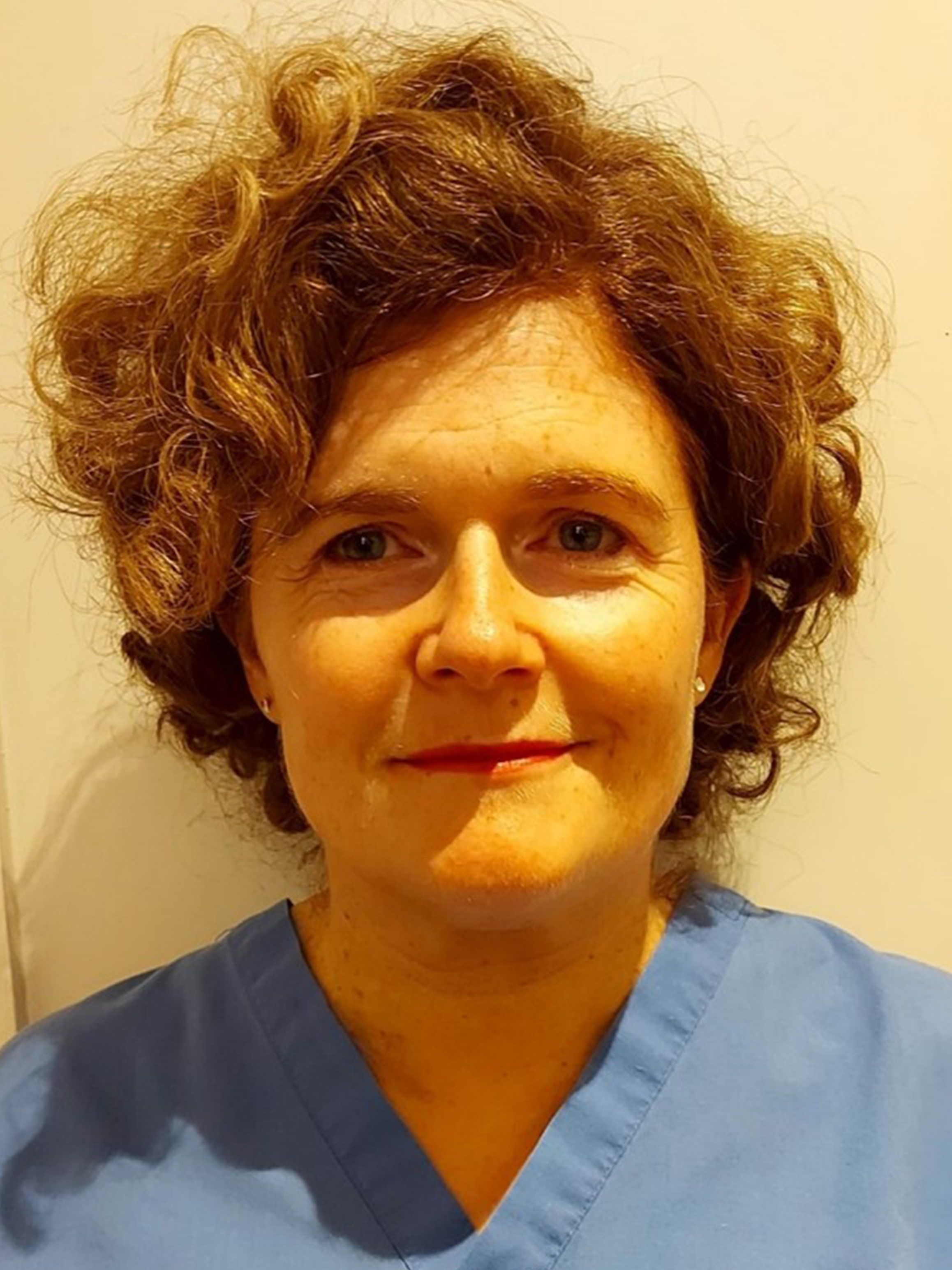Surgical Solutions for Problem Situations
Oral Surgery
Surgical Extractions
There are times, despite everyone’s best efforts, that a tooth - or teeth - will need to be removed using additional surgical steps that go beyond a routine extraction.
Surgical extractions are necessary in situations such as:
a tooth is severely fragile or broken
to remove a root tip- especially if it’s long, large and curved or very thin and fragile
the tooth is impacted (such as Wisdom teeth)
What to Expect
Surgical extractions generally include three main types of specialist surgical steps. Depending on your individual needs, you may require one, two or all three procedures during your treatment.








